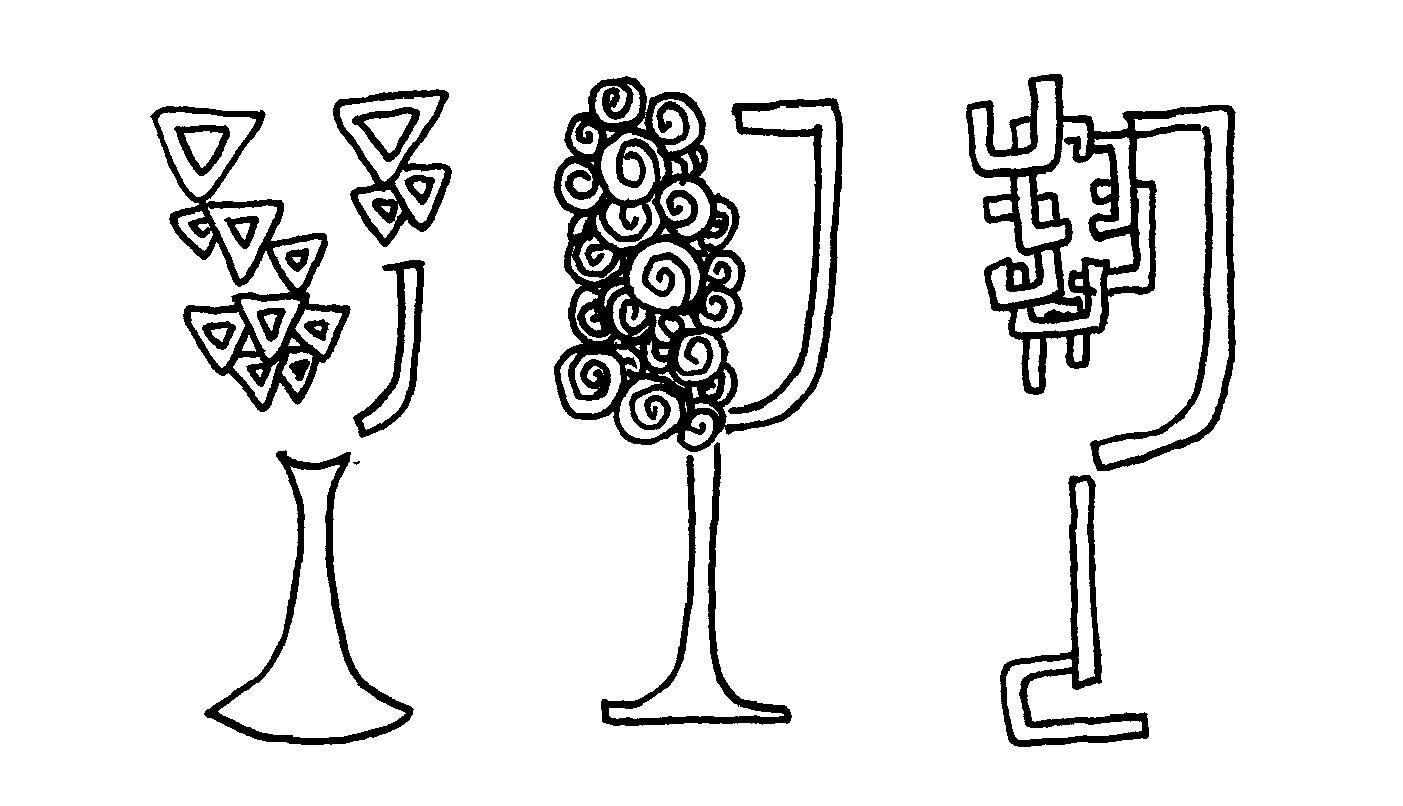3 Rosé Facts That Will Make You a True Aficionado…
Oh em gee. Rosé season is upon us!
Well, actually, here at Sunday School we believe that rosé season is every season, but I *do* understand the nostalgia that comes along with the longer and warmer days and that certain attitude—that pink and flirty feeling—of rosaaaaaay. #yesway
So anyhoo, to make you a smarter rosé drinker *and* to take your enjoyment of rosé to the next level…
Here are three three main pieces of rosé knowledge that you need to know:
Try letting it warm up.
Drinking things super cold masks their true flavor. (That’s why cheap beer ads tell us to drink their beer “ice cold.”) When rosé warms up to room temperature, if it still tastes balanced (not cloyingly fruity), that’s how you know it’s good quality.
Darker color does not mean sweeter.
Rosés are made with red grapes, but instead of letting the grapes macerate (think steeping, like a tea) with the skins for a long time (which makes red wine), they only macerate for a small amount of time (like a weaker tea, or a baby red wine). The darker the rosé, the more time it’s been macerating with its skins. A darker rosé has picked up more pigment from the skins, and is not sweeter, but instead has more tannin and texture. They tend to be savory, herbaceous, and some have a slight bitter finish.
Rosé is rosato is rosado.
These are all words for rosé. They call it rosato in Italy, rosado in Spain and Portugal, and rosé in France. (We adopt the French version. I bet the French feel pretty smug about that.)
Did you learn something new? Let us know in the comments!
P.S. Are you a member of Sunday School Wine Society? Watch our full-blown class on all things rosé: Uncovering The Secrets of Rosé, download this guide on how rosé is made, or tell us what you’re drinking, ask for rosé recommendations or anything else rosé related in The Forum! Not a member? Find out how to become one!





This week I’m going to introduce you—if you haven’t been already—to chilled reds. (Like red wines that you should be drinking proper cold, like borderline white wine temperature.)